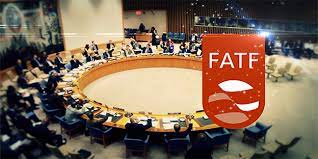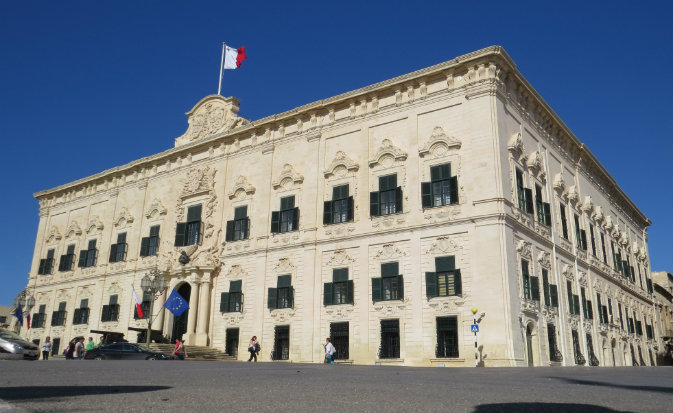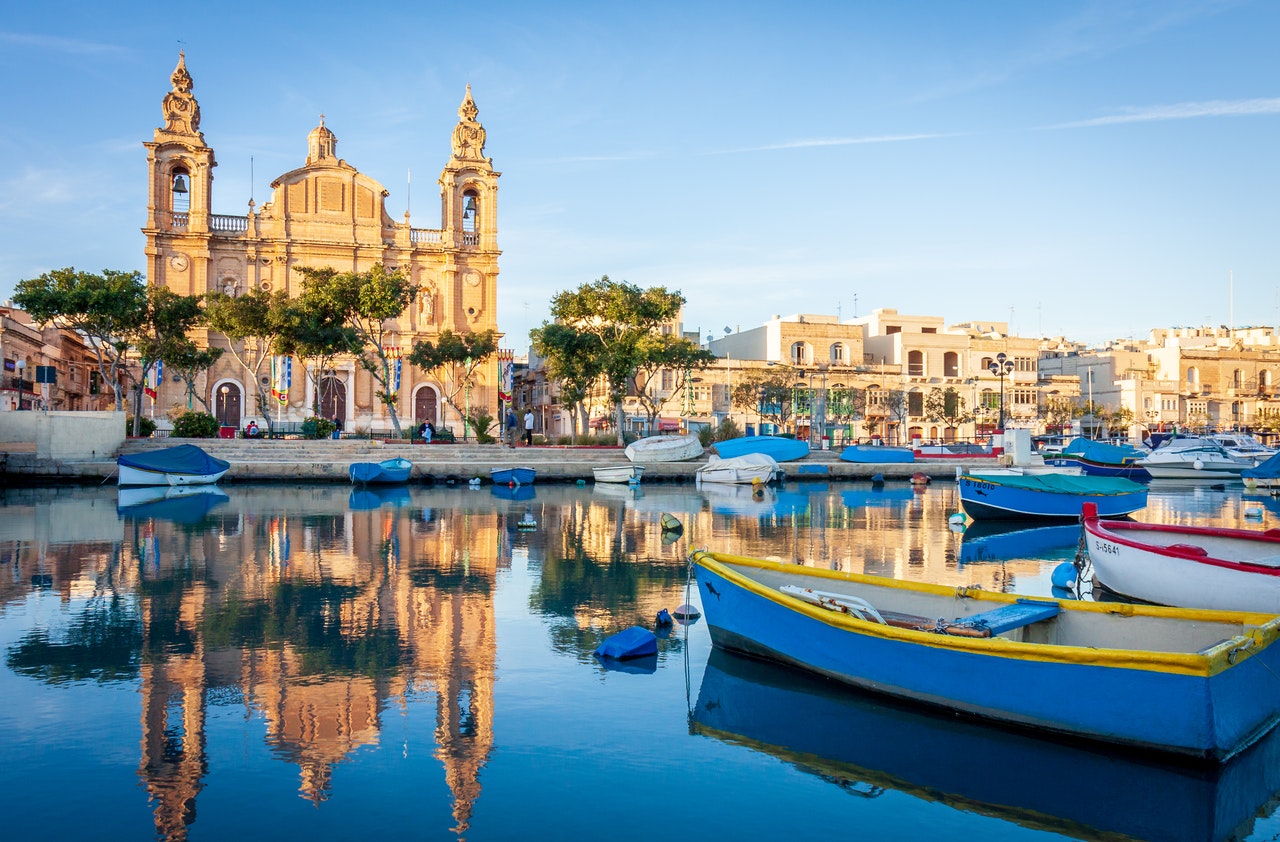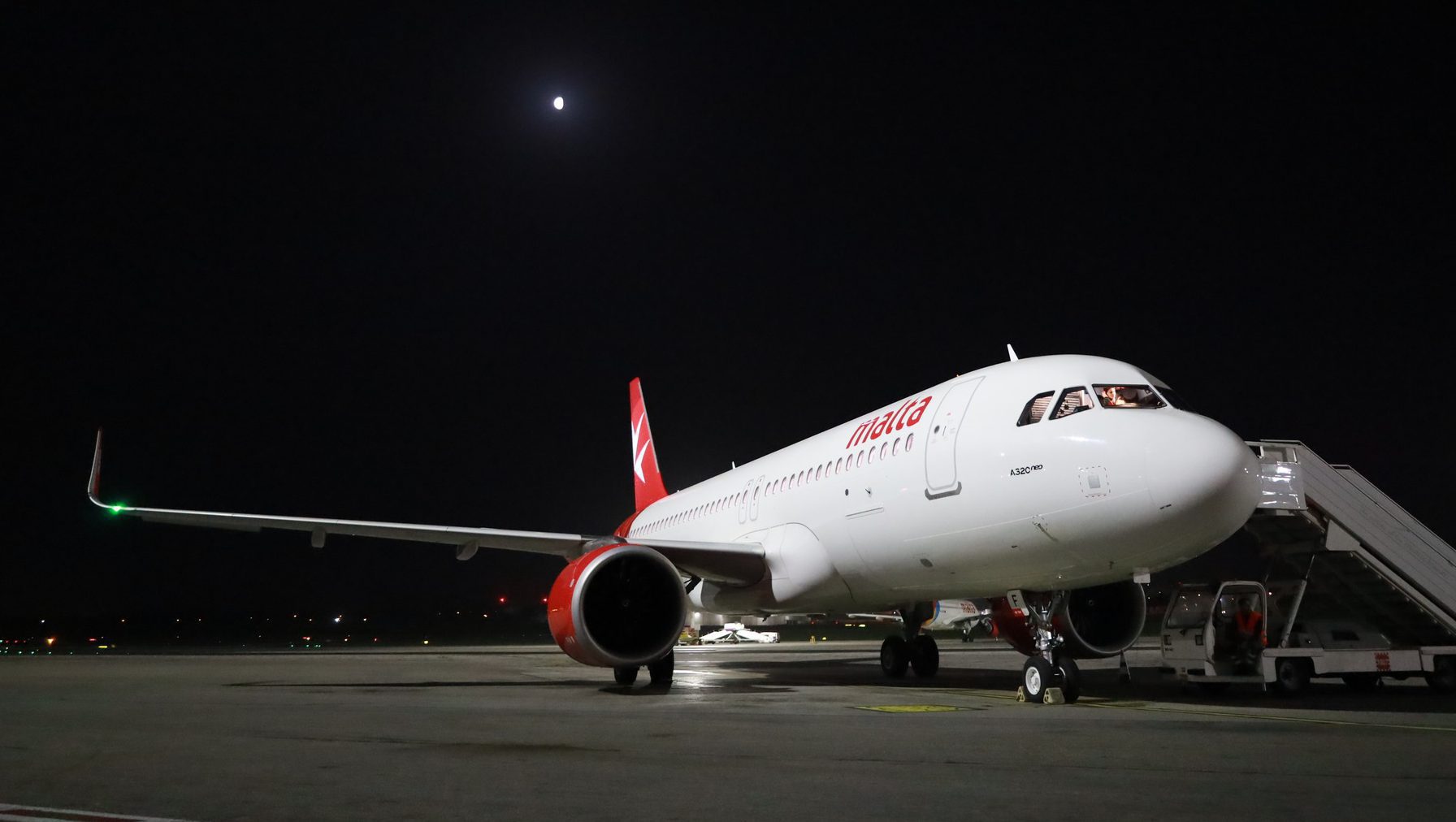Never one to mince its words, the Malta Employers Association (MEA) has released the organisation’s 2022 national budget proposals, focusing on what it believes to be the country’s most pressing issues.
The national budget for the upcoming year is ordinarily released by Government in beginning to mid-October annually.
The MEA divided proposals into the following sections: COVID-19, Financial Action Task Force (FATF), Labour Supply, An Evolving Workspace, Climate Change & Environmental Considerations, Innovation & Digitalisation, and lastly, A Budget Within a Context.
The organisation noted how the first half of 2021 fell far shorter than the optimistic statements and projections that were made for the year.
“In spite of expectations that the economy will be up and running as usual by May 2021, we face a situation wherein not only is COVID still with us, but the economic recovery of the country from the effects of the pandemic has been significantly hampered by a misplaced attempt to kick-start the English Language sector and the response of general tourism market to a sudden spike in cases and eventual hospitalisation rates.”
Noting the “bitter disappointment” of Malta being placed on the FATF list of increased monitoring, also known as the ‘grey list’, the MEA said:
“Consequently, against a hope that the economy will have been on the way to a somewhat normal situation by the end of 2021, the reality is that COVID is still a threat to our tourism sector, and the impact of the greylisting will be felt across the economy in the coming months.”
COVID-19

The MEA acknowledged that COVID and all its variants appear to be here to stay and that Malta will continue to be impacted by pandemic developments elsewhere in the world and travel restrictions imposed by other countries.
It praised the Government for its three-pronged approach: the vaccine programme, fiscal support measures and controlling the spread of the virus.
The MEA said the state has been successful in the first two prongs, however controlling the spread of the virus “has rendered the tripod unstable”.
It slammed the authorities for opening up to mass events in Summer 2020, and opening the country, albeit briefly, to unvaccinated language school students in Summer 2021.
“These strategic errors have potentially cost the rest of economy hundreds of millions and inflated the Government deficit and public debt due to shortfall in tax revenues, which in 2021 were projected, unrealistically, to reach 2019 levels.
“In addition, Government has been constrained to extend its fiscal measures for much longer than envisaged. The increase in the fiscal deficit to a staggering 12 per cent of GDP in 2021 may imply painful actions to recover unless the economy manages to make an impressive comeback in the coming two years.”
It made no mention of whether it feels certain COVID fiscal support measures for businesses should be extended into 2022, while noting how the International Monetary Fund has reportedly cautioned Malta to limit its support schemes. The Government so far has said it plans to extend the COVID wage supplement until the end of the year only.

FATF
Malta’s greylisting this summer has been a cause for concern among the business community locally.
“What most businesses desire is to operate and compete in an environment that offers a level playing field among willing participants. The vast majority of investors are resentful of the link between business and politics”, the MEA wrote.
“The situation not only creates situations of unfair competition but risks placing the entire business community in bad light. A reform is necessary to sever this link between party financing and business interests.”
Here, the MEA pointed towards proposals for political reform, including party financing, it published earlier this year.
Labour Supply

As many businesses, in particular those operating in hospitality, struggle to keep their operations well-staffed, the MEA pointed towards a dedicated position paper it released to address the situation.
“In principle, the paper underscores the need to free and incentivise underutilised labour and channel it into more productive employment in the private sector. This will have a double effect on the Government budget as it will reduce recurrent expenditure on one hand whilst increasing tax revenue from productive economic activities on the other.”
One major proposal it makes is to reverse the talent drain “from the private sector prior to an election” by limiting public service recruitment in the six months leading up to a general election.
“Many companies report that this migration is already occurring, which is a tragic waste of human resources that will become scarcer as the population ages, and as other developed countries with a similar problem compete to draw employees to contribute their productive capacities to other economies.”
The MEA further said: “The future of the Maltese economy will depend on the management of its human resources and the budget should plan for this in an appropriate manner”.
Among the many proposals it makes, the MEA includes channelling students to STEM subjects, a concerted effort to reduce incidence of early school leaving and the validation of informal learning.
An Evolving Workspace

Following on another dedicated position paper, this time on remote working in Malta, the MEA says “the provision of flexible work incentives to the business community in a sustainable manner may also serve as a longer-term platform encourage the usage of the talent pool we have whilst promoting wellbeing in the community”.
It also calls for a solution to be made for zero-hour contracts, to avoid the exploitation of workers.
Climate Change & Environmental considerations
The MEA calls on Government to include budgetary provisions reflecting the state’s strategy to address its own low carbon development strategy in the coming years.
It also asks that the Government considers how the environment has a direct bearing on the quality of life and workers’ morale, and physical and mental health – therefore productivity.
Innovation and Digitalisation
“The budget should include multi-faceted measures, targeting businesses, educational institutions and even households, to continue to transform the economy to be more directed towards innovation and digitisation.”
A Budget within a Context

The MEA notes how under normal circumstances, proposals for the budget would focus on measures to channel the Government’s expenditure into the most productive use to stimulate economic growth and national wellbeing.
“However, the current situation also calls for a re-thinking of fundamental issues that are essential for our country to function as a healthy democracy that enjoys the respect of the international community.
“Essentially, we need to clean-up our act, regain credibility, restore our reputation and rebrand. It is critical to accept the real reasons for the grey listing. Any attempt to deflect from the real causes by attributing the grey listing to tax evasion by Maltese businesses is short sighted and will backfire,” the MEA says.
It said the 2022 budget must be designed to address “present and emerging structural threats to our economy”, apart from the FATF grey list and COVID.
Here, the MEA lists a number of items it considers to be structural threats, such as revenue from passport sales declining or stopping completely, tourism recovering being slower than anticipated – even when compared to similar Southern Mediterranean destinations, the problems with corresponding banking and infrastructural bottlenecks.
“In this context, we need to refocus on what Malta really stands for and believes in. It is not just a question of fiscal measures but of putting emphasis and onus in our core values”
In its concluding remarks, the MEA quipped that this is not the time for “a three hour speech” (the standard length of time for the Finance Minister to go over all Government budget proposals for the upcoming year) on the building of football pitches or pavements.
“What is expected by the business community is a budget that concisely and concretely tackles the serious structural flaws in our economy which, though resilient, also has limits to the blows it can take in the prevailing political and economic environment.”
Annual STI testing for non-EU massage therapists amounted to ‘slander,’ admit health authorities
Health authorities kept quiet about changes to the legal provisions
KM Malta Airlines announces extra flights and special fares for MEP and local council elections
To qualify for special fares, all travel needs to take place into and out of the same city
European Parliament adopts regulation making it easier for companies to be paid on time
The maximum credit term under the new Late Payment Regulation is to up to 120 days, for some sectors






